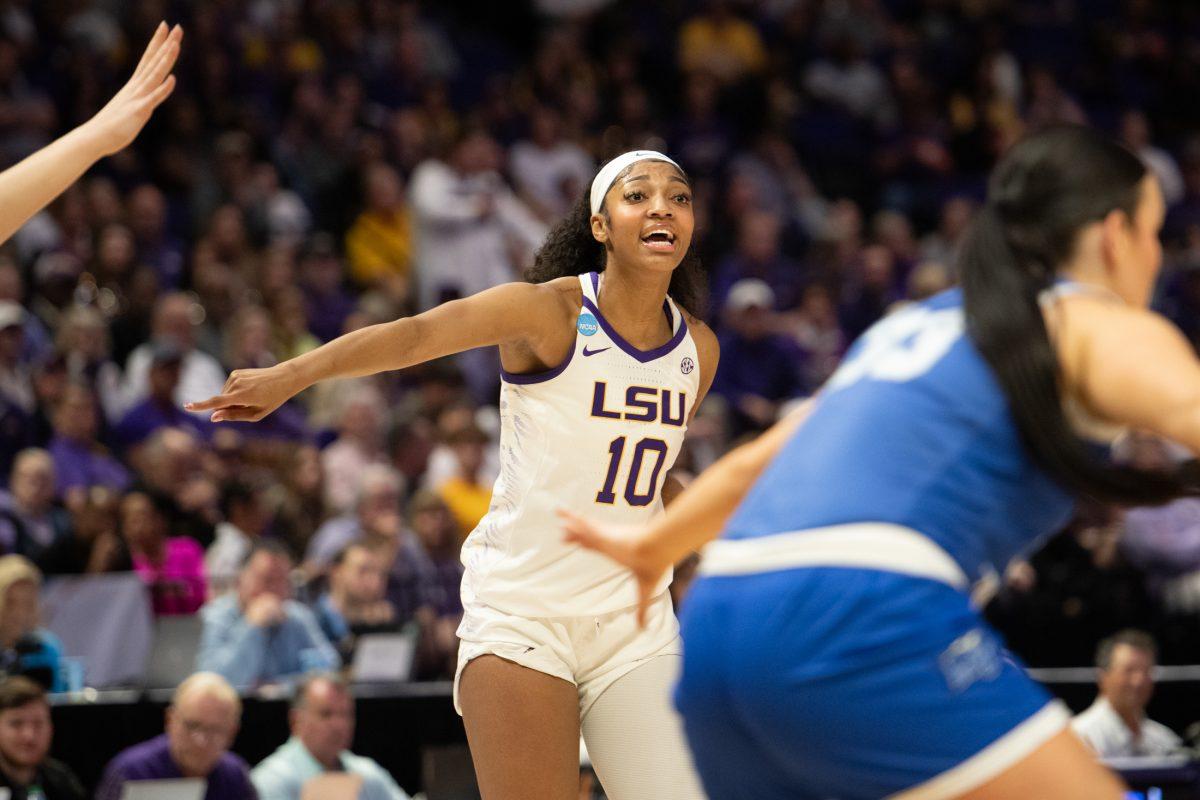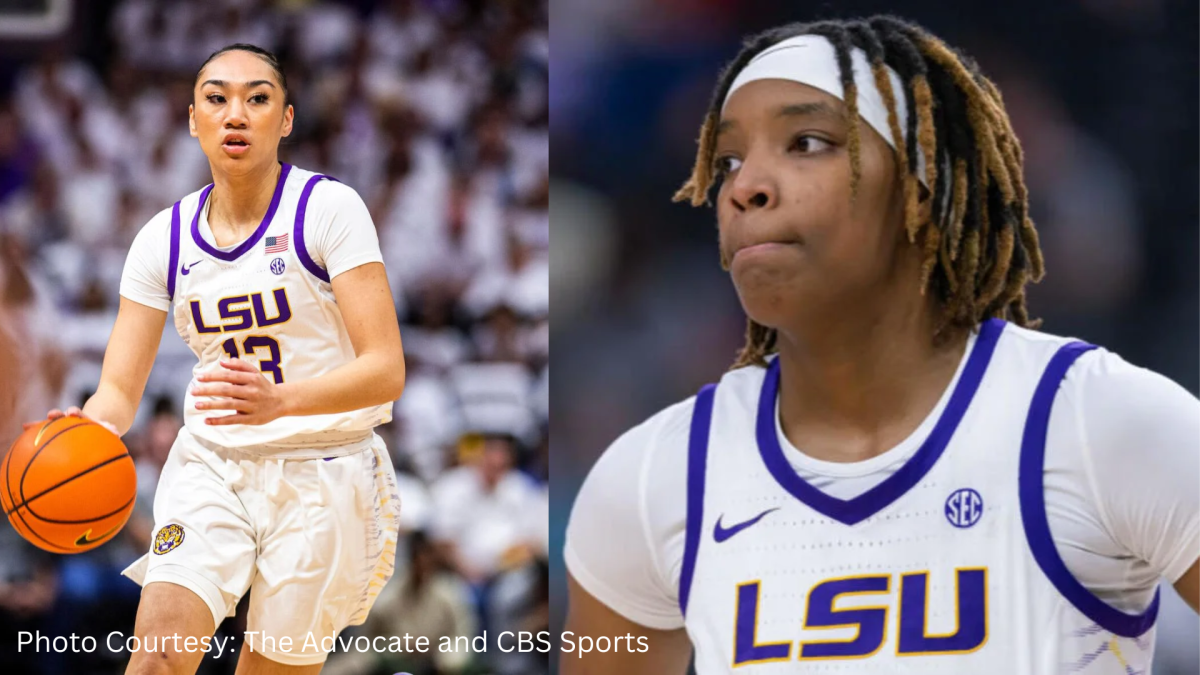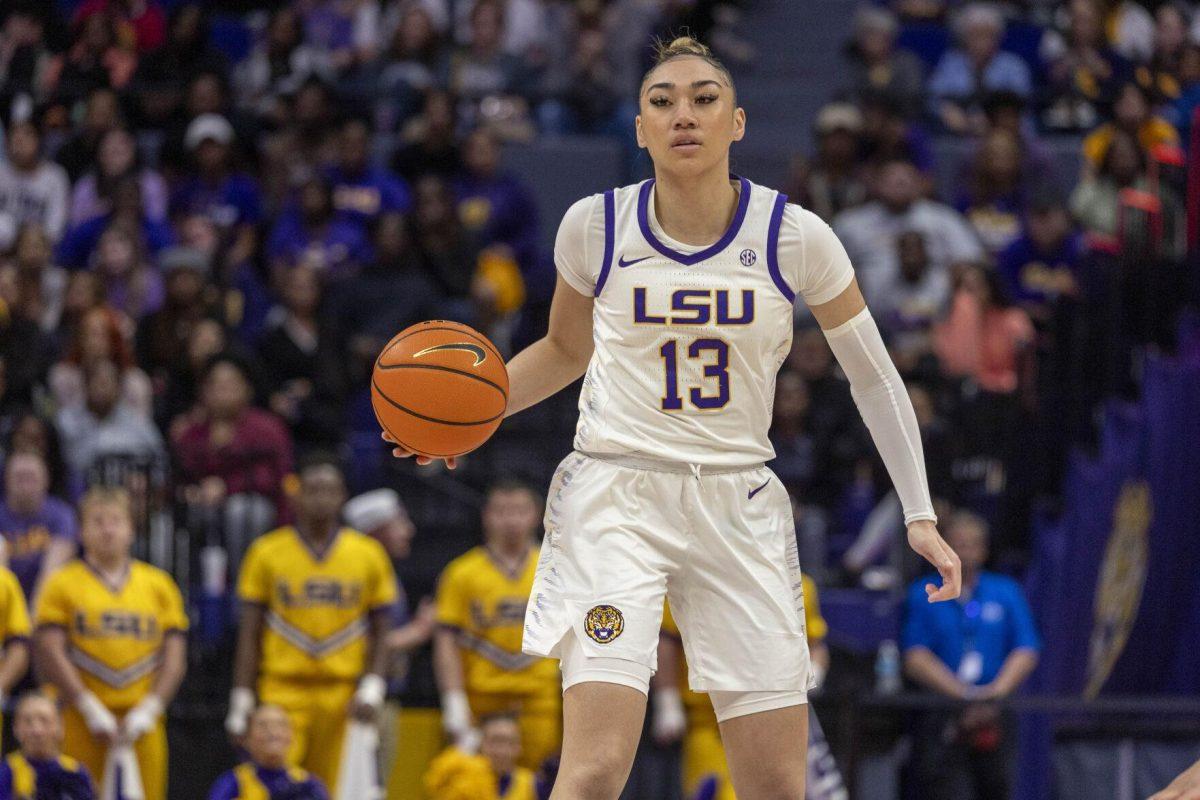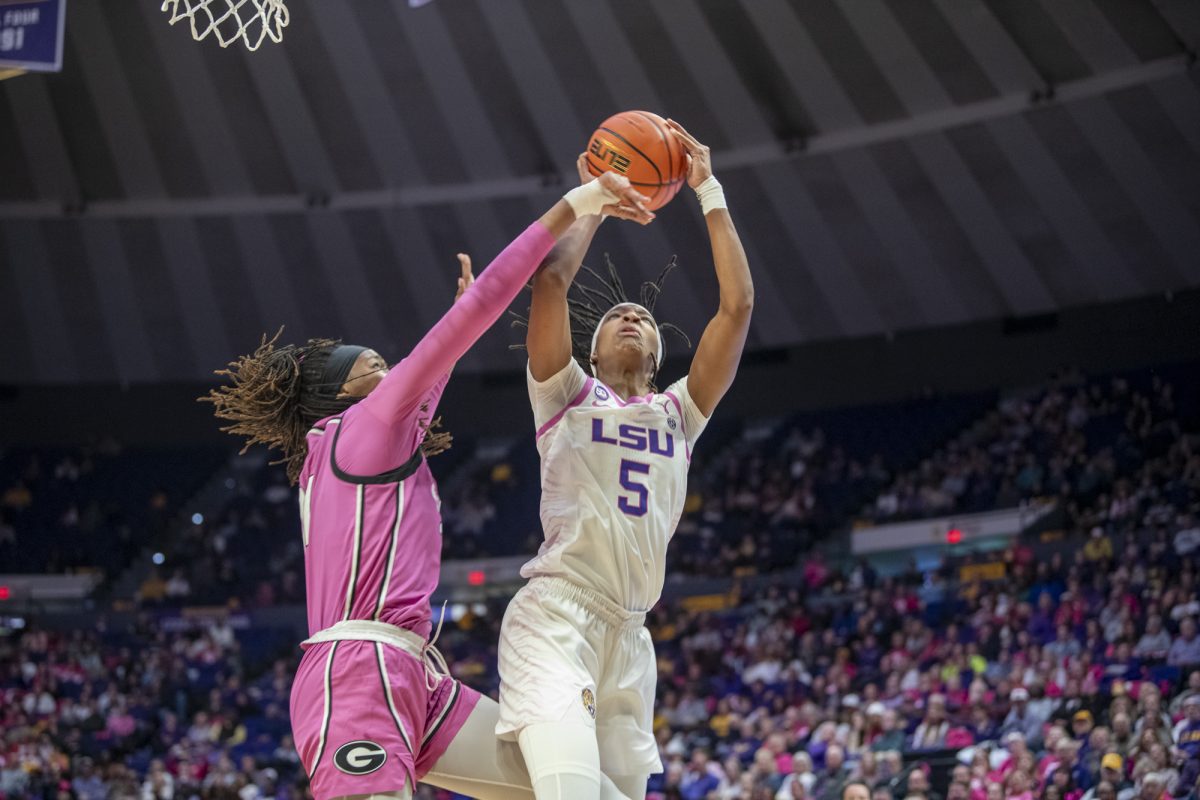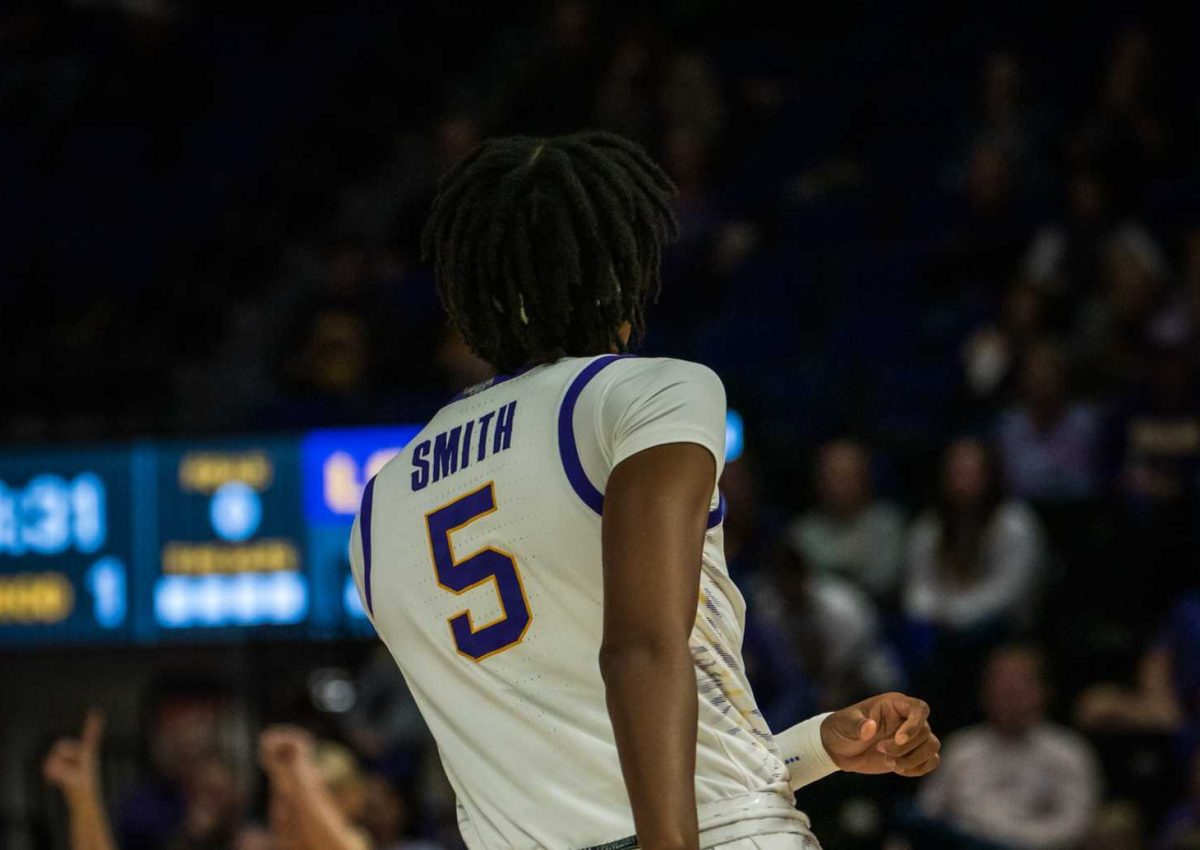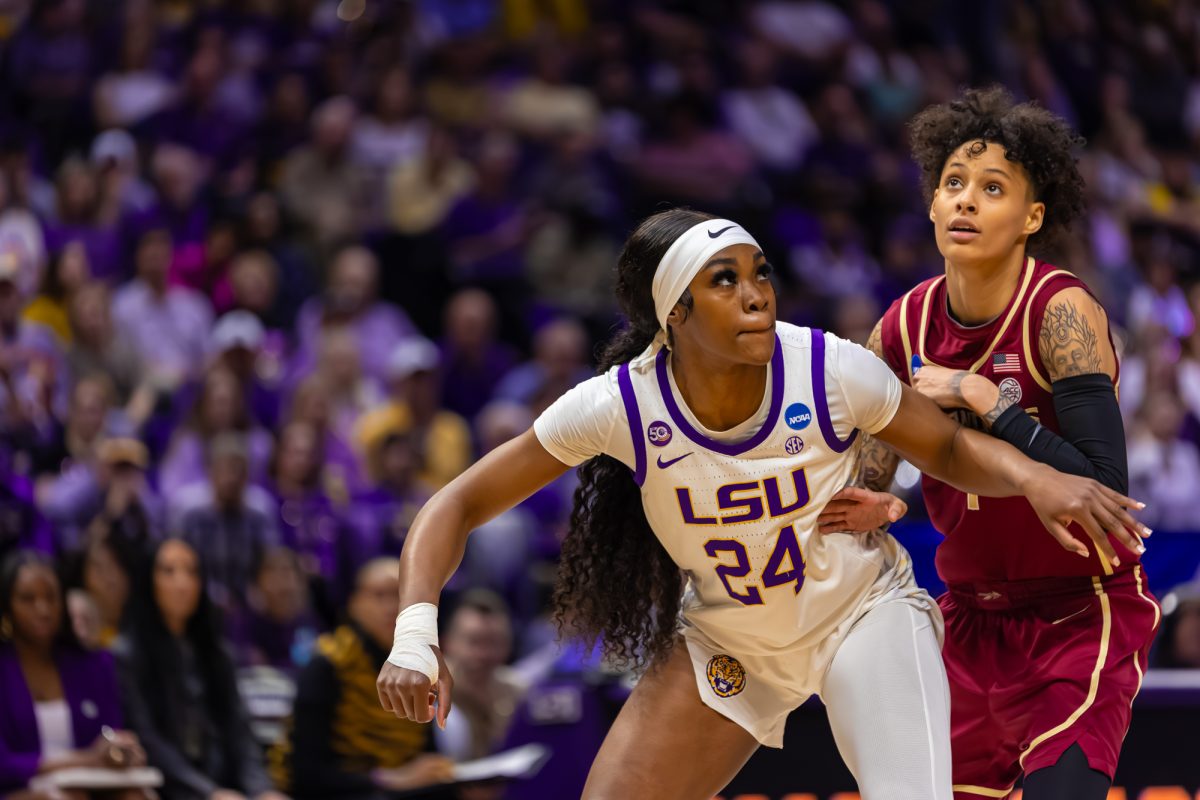A WNBA season of historic growth nears its end, but it still feels like fans are limiting its potential.
Stars like Angel Reese and Caitlin Clark captured the eyes of the nation in skyrocketing the popularity of women’s college basketball just over a year ago. Both have since debuted in the WNBA and effectively brought their viewership with them. Even with more attention and investment, the narrative is still not where it should be.
The 2024 WNBA season brought in record viewers, reached all-time numbers in digital consumption and merchandise sales and set the highest total attendance in 22 years.
This surge is a credit to the players who made it possible. An investment in their status and talent was late, but ultimately empowered further change.
A recent Wall Street Journal article highlighted this rapid development, such as how the average WNBA team value has exploded from $10 million to $100 million in just five years.
This change is both wonderful and overdue. Seeing teams with abundant talent finally getting a platform is fundamentally great for sports.
But there’s another gear here. This year’s WNBA Finals have been every bit as thrilling of a series as I’ve ever seen. Despite this, its discussion still pales in comparison to most other sports.
Many are quick to point to the talent and playmaking ability of Caitlin Clark for the explosion in viewership. I ask then, why haven’t we seen the same phenomenon in the WNBA this week?
The final minutes of Game 1 were taken over by Minnesota Lynx player Courtney Williams. She has every bit of competitiveness and magnetism that you could want.
Further, as important as Clark has been, there is an evident over-obsession with her play that pulls from the action around the league.
A’ja Wilson just completed what is likely the best season in WNBA history, but fan discussion prefers to focus on portraying these players as petty and jealous.
It is also important to highlight the ways in which Clark’s experience differs from Reese’s.
Despite also playing an enormous role in the growth of the game, Reese has continued to be the target of blatant and thinly veiled racism. She is repeatedly an afterthought in this discussion as if she has not become an icon in the sport. As great as their rivalry can be, it has reduced Reese’s career to always being relative to Clark’s. Belated discussions of this commodified dynamic have finally gained traction recently.
As fans and enjoyers, we also have a responsibility in the narrative. There should not be a world in which Wilson’s historic season and a climactic finals series are so under-discussed. The growth of the league is a gift to sports, but it has also highlighted the perpetuating bias of sexism and racism among sports consumers.
So, tune in and watch the WNBA Finals. You’ll be happy you did.




